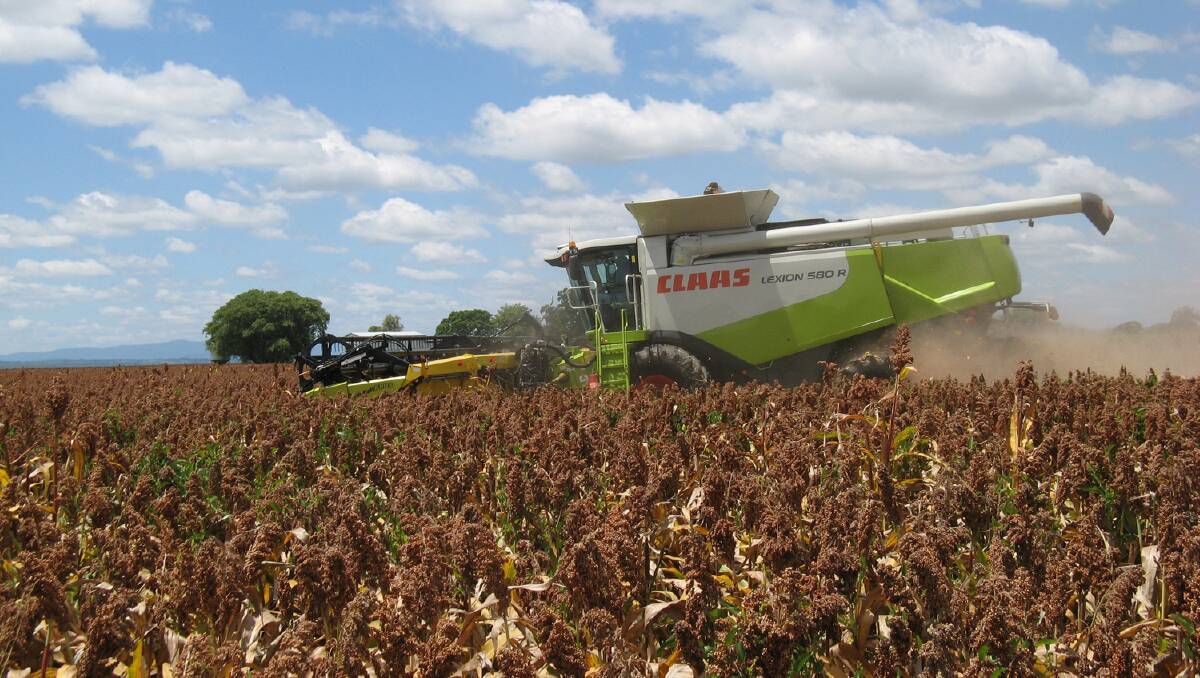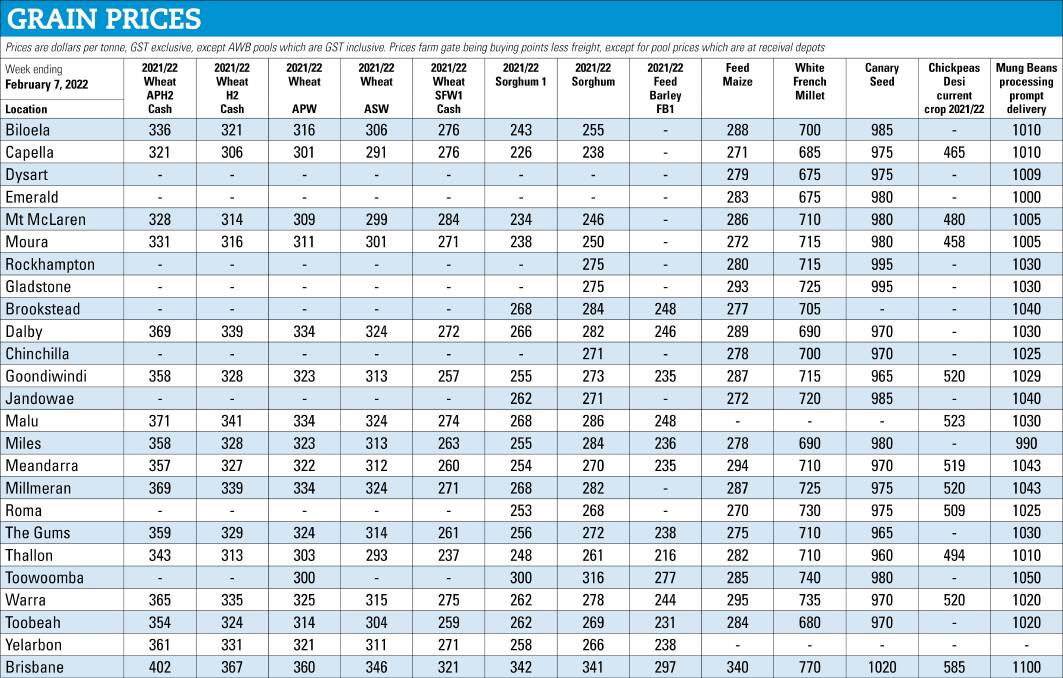
Grain exports kicked in December as new season's shipments begin to find their way into overseas markets.
Government trade data showed that Australia shipped 2.22 million tonnes of wheat, more than 1mt of barley and 288,000 tonnes of canola in December. Combined December wheat, barley, and canola exports of about 3.5mt were around 850,000t higher than November.
A further 80,000t of sorghum was also exported in December, with most of this shipped out of Queensland ports.
Australia's combined wheat, barley and canola grain shipments are expected to top 4mt in January. Shipping stem data indicated that Australia's grain exports will be operating at full capacity in January and are expected to maintain this pace well into 2022.
Traders are reporting strong export demand for stockfeed wheat, barley and canola but are saying milling wheat grades, such as APW, are more difficult to sell.
Monthly barley exports exceeded 1mt in December for the first time in 36 months as new crop shipments began to flow in earnest. Shipments were broadly spread across the Middle East and Asian destinations.

About a third of the December barley shipments were destined for Saudi Arabia, one of the world's largest importers. Other Middle East destinations are now sourcing most of their barley imports from Australia with Jordan, Kuwait, Oman, Qatar, and UAE taking more than 200,000t for the month.
Asia was also a major destination with Japan, Thailand, Vietnam, and the Philippines importing more than 350,000t of Australian barley in December.
Patchy rain and unsettled weather continue to slow sorghum harvesting across southern Queensland and northern NSW. Crops have benefited from the above average summer rains with farmers reporting excellent yields of upwards of 5 tonnes per hectare.
Southern Queensland sorghum bids have been edging lower with the bumper yields. Stockfeed wheat bids remain well supported with traders bidding $310 delivered Darling Downs destinations for February / March delivery.
Above average summer rain has farmers optimistic about another good winter crop planting for the 2022/23 season. Queensland cropping areas have received upwards of 200 millimetres of rainfall in the past few months.
Chickpea plantings are expected to decline at the expense of more wheat and barley. Export demand for chickpeas remains lacklustre amid the absence of India.
- Details: 0428 116 438 or lloyd@agscientia.com.au

